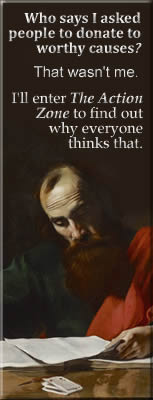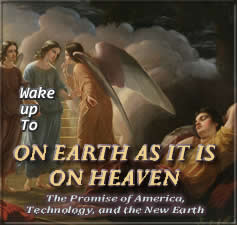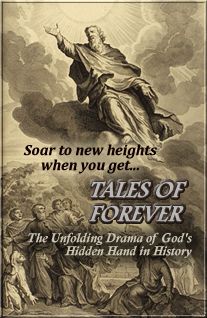The Power of Imagination
A Scientific Sidebar
Fortunately, for men like Heinrich Schliemann, they were living in an age when they were capable of carrying out their lifelong ambitions. But imagine being born too soon, during a time when the necessary technological know-how was still decades away, or even centuries. A long time ago, a friar by the name of Roger Bacon wrote:
Someday even the largest ships will travel at speeds that would have previously required an entire crew of sailors. And even though these vessels are so huge, each one of them will be guided by a single man. Chariots will be built which move very fast, without the aid of animals. Men will create machines that will allow them to walk along the ocean floor. And, someday, their machines will even help them fly.1
Too bad this remarkable visionary lived in the wrong century. Until the beginning of the 20th century, scientists were still quite unanimous in their pronouncement that human flight was impossible. Anyone who had even thought about trying to build an airplane would have been considered a fool. That’s why it is so startling to consider that Roger Bacon made his predictions as early as the 13th century. Leonardo da Vinci wouldn’t be born for another 200 years.2
Story Continues Below
Says Richard Price—the founder and CEO of Academia.edu—on his podcast In Depth With Academia:
On Earth as It is On Heaven: The Promise of America, Technology, and the New Earth is:
To hear Price’s book review of On Earth as It is On Heaven, CLICK HERE.
To hear Kent discuss the promises of God that pertain to God’s Kingdom on Earth, particularly as they pertain to the nations of the West, with Zen Garcia, the host of the Internet talk show Momentary Zen, CLICK BELOW.
Story Continues From Above
Everything Bacon described has come true, but at the time that he was writing, it was obviously more an act of faith than of logic. According to Arthur C. Clarke, in Profiles of the Future, "Here, we have yet another example of the triumph of the imagination over hard, cold facts."3







